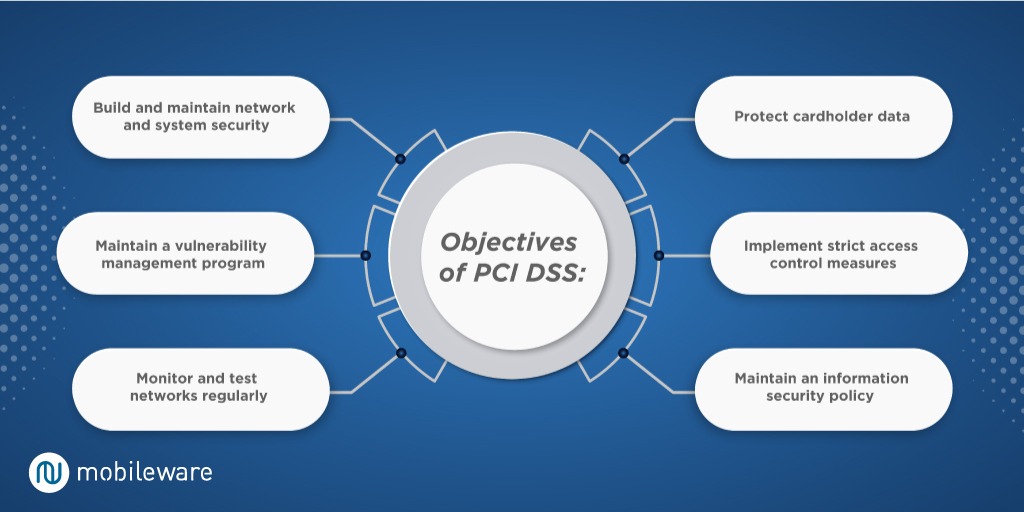Cybersecurity in fintech:
Ever since the pandemic began, enterprises are facing the grueling wrath of cyberattacks. From industry goliaths like Amazon and Google to mid-size, and smaller firms, everyone has reported breaches in the last few years. On average, 3137 cybersecurity-related issues were reported per day during the year 2020, according to government data presented in the Parliament. Everyone is at risk.
Keeping #CashlessIndia in mind, more and more importance is being given to digital payments by our government. This leads to sharing of personal information online such as debit and credit card numbers. Cases of identity theft and fraud have shot up in the last decade. With the growing dependency on fintech firms and financial institutions, it is now time to talk about security.
Keeping all this in mind and the increasing need for security, it is high time that fintech firms secure their business environments on every side – compliance and regulatory, security, brand reputation, and so on.
Growing security considerations:
Today, hackers are preying on fintech companies as it facilitates them to get access to sensitive and confidential data. Keeping information secure is now a growing concern for most financial institutions. Some of the common challenges faced by enterprises include:
- DDoS Attack: Distributed Denial of Service (DDoS) attack typically targets to disrupt the normal traffic by compromising systems and taking control of the control framework. This can lead to critical information being leaked by hackers for malicious purposes.
- Malware: For fintech, malware is one of the most common attacks. It includes getting access to sensitive data through the installation of malicious software.
- Third-party involvement: Fintechs and payment scheme firms usually rely on third-party software and solutions. This gives hackers a chance to exploit situations that can be aggravated with non-compliance with security standards.
- Compliance issues: Not complying with industry standards such as the PCI DSS makes it difficult to build a strong defense against cyberattacks. Such a failure make fintech firms more vulnerable to the attacks mentioned above.
Enter PCI DSS:
PCI DSS (Payment Card Industry – Data Security Standard) is a high-level standard of security for fintech firms that record and process credit and debit card transactions and covers electronics devices and applications. It was established to safeguard the debit and credit card information of customers.
PCI DSS is one of the most essential compliance requirements in the Payment Card Industry for Digital Payment Service providers.
Not complying with these requirements can lead to reputational and financial losses and other long-term repercussions such as increased fees, large fines, termination of the license, and so on.
Objectives of PCI DSS:
- To build and maintain network and system security
- To protect cardholder data
- To maintain a vulnerability management program
- To implement strict access control measures
- To monitor and test networks regularly
- To maintain an information security policy
How does PCI DSS benefit fintech firms?
PCI DSS is a benchmark in setting strong security standards. These standards make it mandatory for firms to perform security tests and implement measures to increase safety in their business environment. Some benefits include:
- Higher level of data security
- Reduction in risks
- Increase in customer confidence
- Higher preference
- Provides your firm with a security standard
- Helps in avoidance of fines and heavy penalties
PCI compliance can effectively aid fintech firms to grow on multiple fronts. Once your company matures, more external partners and customers will be interested in the standards you comply with. You can also get a practice understanding of best practices in the industry, thereby helping your startup firm. Having such compliance also establishes you as a disciplinarian for risk management.
Time to get compliant!
Breaches and cyberattacks can be prevented in most cases with compliance and PCI DSS compliance are one of them. By getting compliant, you protect your brand, your customers, your business, and your clients.
While it is a comprehensive and challenging solution for most fintech firms, from a security standpoint, it is necessary in the times we live in. It helps firms upgrade their security practices and also enhances credibility in the eyes of their clients and partners. In such unprecedented times, firms need to demonstrate that it is safe to conduct business with them – and this can be made possible by PCI DSS.
The above article is authored by Carlin Crasto, Lead Solutions Architect, Mobileware Technologies.




